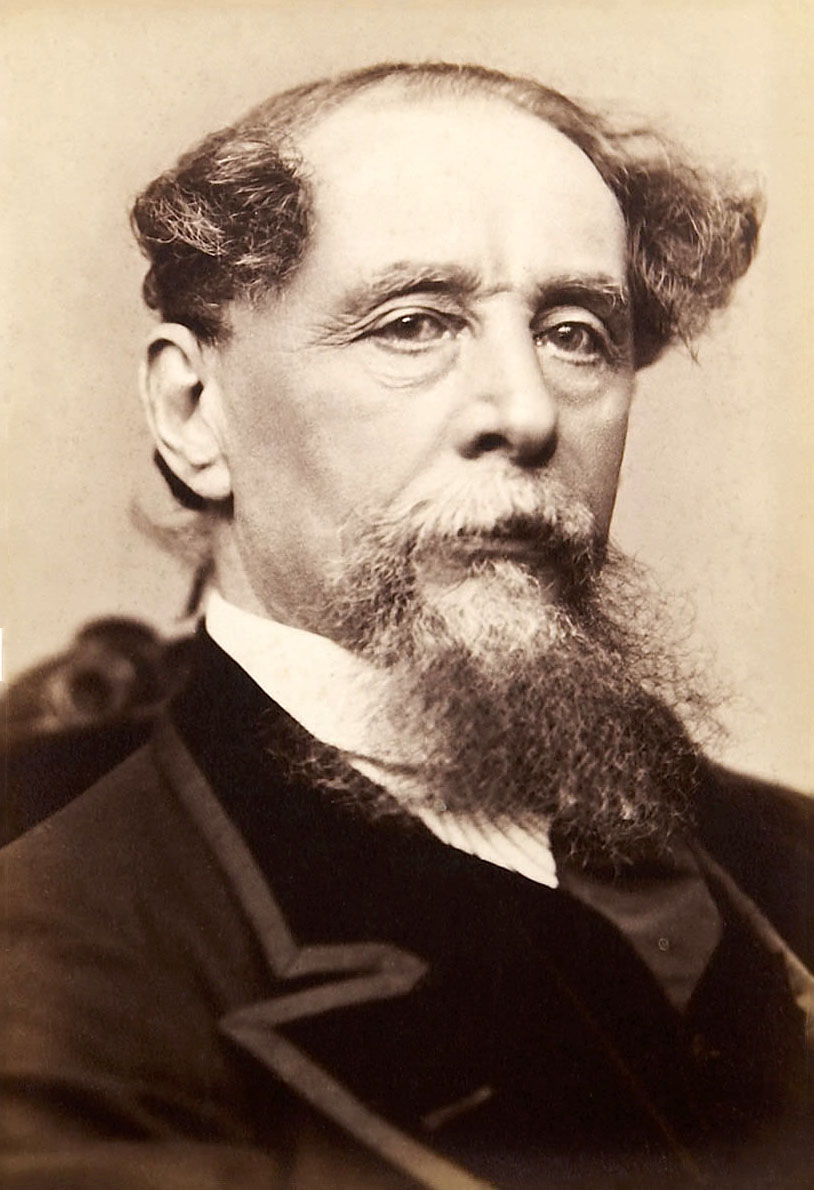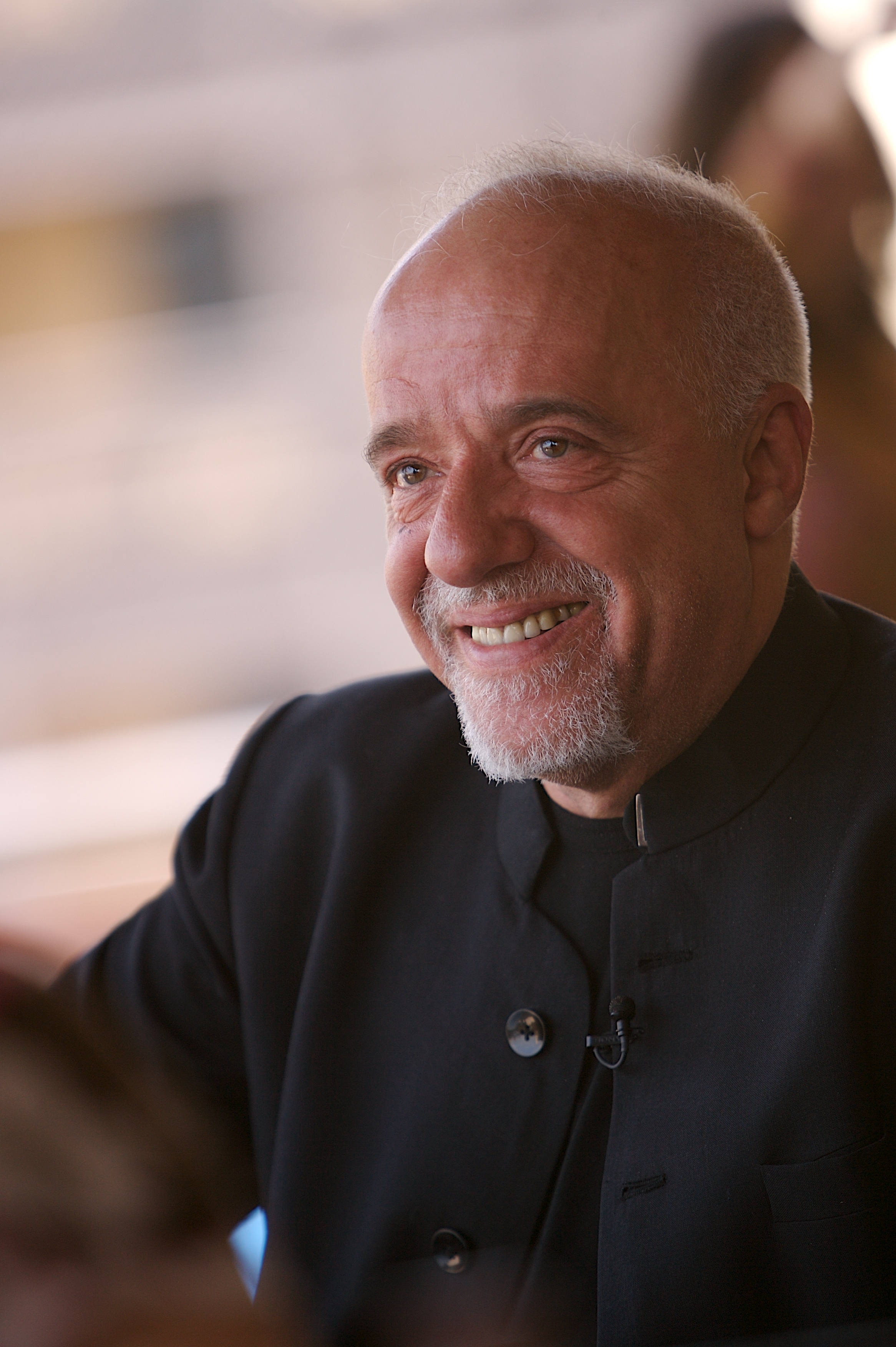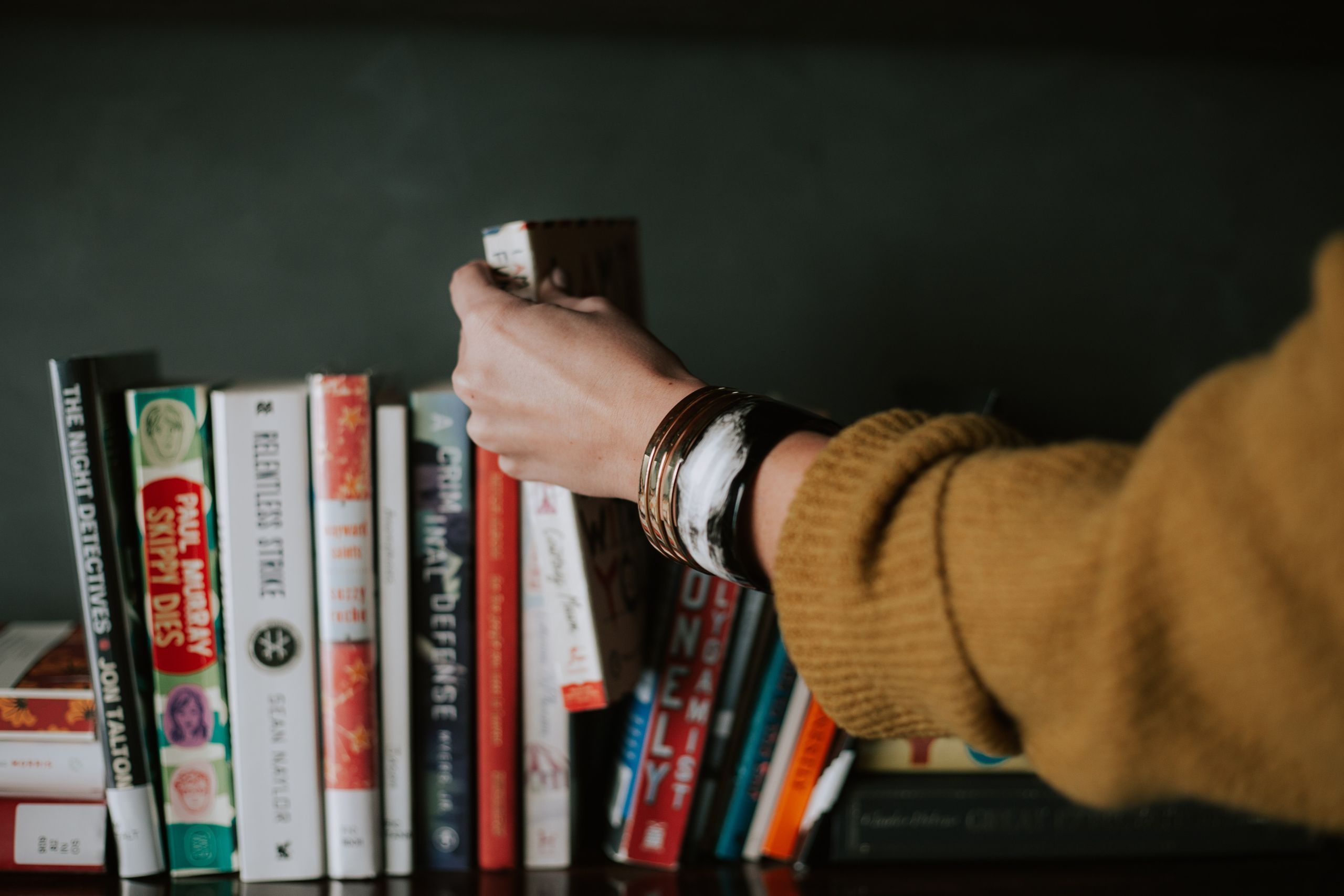When you hit rock bottom, life doesn’t just throw you a lifeline. Instead, it challenges you to find an anchor within yourself, something that grounds you to humanity and fuels the fight to keep moving forward. If you’re lucky, you might find not only an escape from reality, but a profound connection to it.
Junior year of college was the hardest and most trying year of my life. My friend group had dispersed and transferred out of school. I was drowning in uncertainty about the future and the pressure of nailing down a career path. I had demanding responsibilities, including being a collegiate athlete while keeping my grades at a high standard, which was becoming a delicate dance of time, energy, and commitment. The weight of personal challenges and external expectations bore down on me like never before.
Now, throw all of this at an insecure and apprehensive young woman who cares far too much what the world thinks of her. I felt defeated and overwhelmingly alone.
So, what was my anchor during this time? Reading. I found that when my world became too much, which was most of the time, I could escape within the pages of my books. Through reading, I immersed myself in a new story, a different narrative — one that offered a refuge from the challenges of an unsteady reality.
Stress and anxiety
During this time in my life, I struggled deeply with my mental health. My external challenges seemed to magnify my internal struggles, creating a perfect storm of self-doubt and anxiety. Every decision, every misstep, felt like it carried the weight of the world’s judgment.
However, I found solace in the pages of books and discovered a sanctuary where judgment and self-doubt faded, allowing me to navigate through the tempest of my own thoughts and rediscover a sense of clarity, resilience, and, ultimately, self-acceptance.
When I read Paulo Coelho’s “The Alchemist,” I could experience a a profound sense of self-discovery and a renewed perspective on the journey of life through the main character. The themes of destiny, interconnectedness, and the pursuit of a “Personal Legend” resonated deeply, stirring a desire to live authentically and to embrace the adventure that life offers.

Through the main character Pip in Charles Dickens’ “Great Expectations,” I learned the enduring lessons of the destructive nature of social expectations, the importance of personal integrity, and the transformative power of redemption. Pip’s journey served as a poignant reminder that true fulfillment comes from staying true to oneself and valuing genuine human connections over societal status or material wealth. The book gave me a deep insight into the complexities of human nature and showed me that people can grow and find redemption even in the face of life’s challenges.
Turning to books opened a door to a world where characters faced similar challenges to mine. I found mirrors reflecting my own struggles and, through them, a roadmap for resilience and personal growth. Each chapter turned became a step toward healing, and the act of reading transformed into a lifeline.
In fact, reading has been scientifically proven to reduce stress. According to the National Alliance on Mental Health’s website, a study conducted in 2009 at the University of Sussex concluded that engaging in reading can decrease stress levels by as much as 68%. Research indicates that dedicating as few as six minutes per day to reading can enhance your quality of sleep, alleviate stress, and enhance mental acuity. To break the science down: one blog post on Step Up for Mental Health’s website notes a study that found reading fortifies the neural circuits and pathways in our brain, concurrently decreasing heart rate and blood pressure. Pretty cool right?
Reading is even proven to work better than other relaxation methods, such as listening to music or watching TV. In contrast to a film or TV show, where the visuals are provided, a novel engages you in a more powerful way as you’re the one crafting images in your imagination. Your mind is invited into a literary world that is devoid of the stressors that typically burden your daily life, making the experience more immersive and interactive.
Pathway to empathy and understanding

Like most other college students and people in their 20s, I went through a tough journey of self-discovery and self-acceptance. It felt like navigating a maze of questions about my identity, values, and dreams and I grappled with questions about who I am and what I want from life.
Reading allows us to understand and be empathetic towards others. When we read stories about characters and their lives, we learn to see things from different points of view. Whether they’re facing tough times or celebrating victories, these characters show us what it’s like to be human and handle challenges. This helped me in my own journey by giving me valuable lessons about compassion, understanding, and how to navigate adversity with grace. Put plainly, reading acts as a bridge, linking us to the feelings and experiences of others, fostering a more compassionate and open-minded outlook.
Literature became my beacon in the dark. It helped me rewrite my narrative and find the strength to overcome challenges that once seemed insurmountable. The journey through junior year wasn’t just about overcoming external obstacles; it was about confronting and dismantling the barriers I constructed within myself.
Reading pushed me beyond boundaries and compelled me to redefine success on my own terms. It taught me that it’s okay not to have all the answers and that growing often happens when things get a bit tough. The strength I found in books became the bedrock for building up my resilience, acceptance, and instilling an unwavering belief in the breathtaking power stories have to shape and transform lives.






Great work, Sam! I love that you found reading to be a helpful resource for anxiety. I got to try that now!